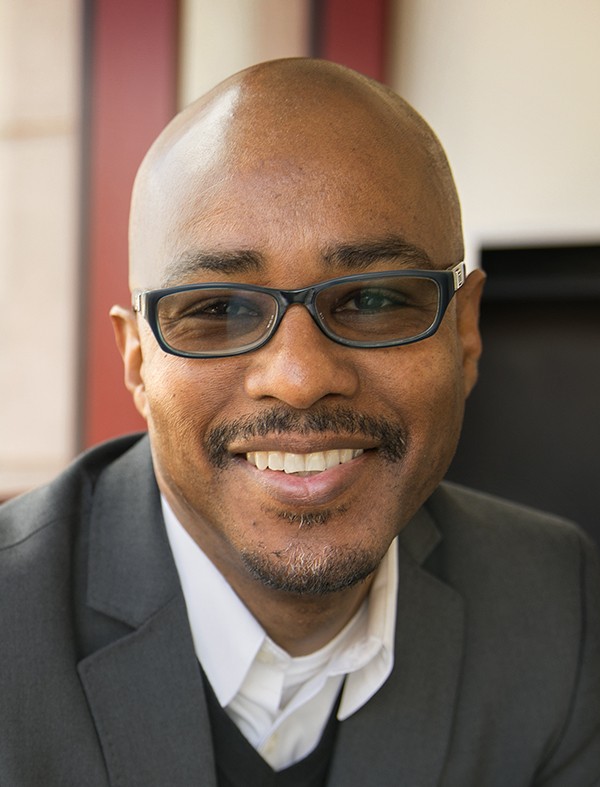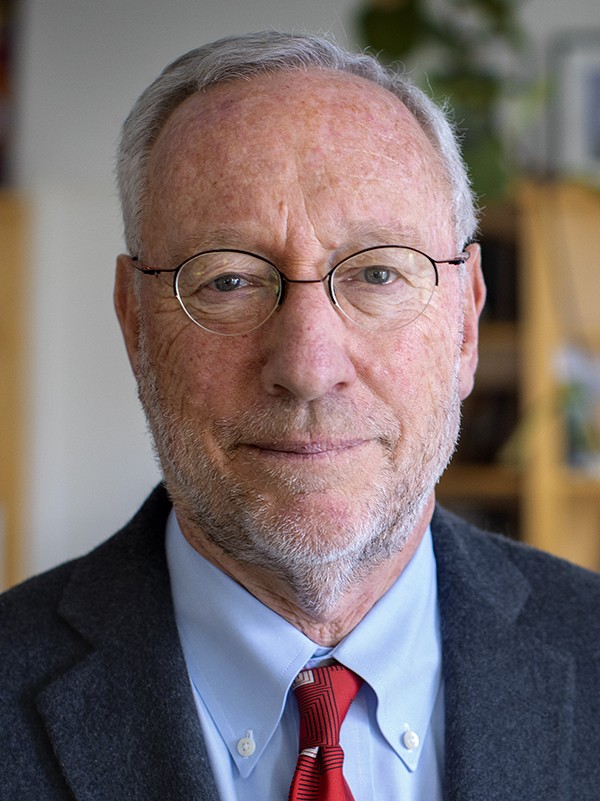NIH grant will support strengthening faculty diversity
By Tom Fleischman
Cornell is one of only seven institutions across the U.S. that will receive a large funding award from the National Institutes of Health (NIH), through a program aimed at increasing minority faculty in the biomedical sciences.
The $16 million FIRST (Faculty Institutional Recruitment for Sustainable Transformation) Award will support Cornell’s hiring and retention of 10 new assistant professors over the next five years in three research clusters: quantitative biomedical sciences; infection biology; and health equity.
Avery August, Ph.D. ’94, vice provost for academic affairs and professor of immunology in the College of Veterinary Medicine (CVM), is the principal investigator on the Cornell FIRST grant. The co-PI is Provost Michael Kotlikoff, who’s also a professor of molecular physiology (CVM).
The hires will be made across six colleges and 20 departments at Cornell, including: CVM; the College of Agriculture and Life Sciences (CALS); the College of Arts and Sciences (A&S); the Cornell Ann S. Bowers College of Computing and Information Science; the College of Human Ecology (CHE); and the College of Engineering (ENG).
“This is an enormous opportunity to partner with the NIH to expand the diversity of our biomedical faculty and to support their ongoing success,” Kotlikoff said. “Avery [August] deserves tremendous credit for this effort; he identified the opportunity and put together an amazing team of co-investigators. The success of the proposal also speaks to the work that we have done at the university and college levels to recruit and support diverse faculty.”
August said the NIH’s request for proposals went out in November 2020, and he and the team immediately began meeting to formulate the grant proposal.
“Actually, the NIH had signaled a few years ago that they would be developing a program along these lines,” August said, “where they would be supporting institutions to assist them in enhancing diversifying their faculty in the biomedical-related sciences that the NIH funds.”
In addition to hiring 10 new faculty members, Cornell FIRST aims to:
- foster sustainable institutional culture change, using novel combinations of institutional policies that impact hiring, mentoring, promotion and tenure, salary equity and other initiatives aimed at enhancing compositional diversity, retention and success;
- enhance faculty development, retention, progression and promotion, building on an existing record of successfully developing and implementing cutting-edge programs that effectively support faculty through their career, particularly those underrepresented in their fields; and
- evaluate and learn from its hiring, climate and faculty development approaches by identifying which strategies and activities are most effective and sustainable at an institutional scale. Progress will be regularly assessed to ensure that strategies are developed and implemented in an effective manner.
“The idea is to bring 10 faculty in as a cohort over the next five years,” August said. “They will be onboarded when they join their departments, and then supported. And their departments prepare for their arrival so that they can be successful with regards to ensuring that they can support the success of these faculty.”
Another aspect, which August said is already well-established at Cornell, is conducting a “very robust search process” to ensure as diverse a candidate pool as possible.
The 13-member Cornell FIRST team includes a faculty development core, co-directed by Cynthia Leifer, Ph.D. ’00, professor of immunology (CVM), and Yael Levitte, associate vice provost for faculty development and diversity; and an evaluation core, led by Josephine Martell, director in the Office of Research Development (CALS), and Cate Samuelson ’91, an evaluation consultant based in Oakland, California.
The steering committee consists of: Sahara Byrne, professor of communication and senior associate dean (CALS); Paula Cohen, professor of genetics and associate vice provost for life sciences (CVM); Eve De Rosa, associate professor of human development (CHE) and Dean of Faculty; Kelly Liu, professor of molecular biology and genetics (A&S); Chelsea Specht, the Barbara McClintock Professor of Plant Biology and associate dean for diversity and inclusion (CALS); Praveen Sethupathy ’03, associate professor of biomedical sciences and director of the Center for Vertebrate Genetics (CVM); and Marjolein van der Meulen, the Swanson Professor of Biomedical Engineering and Director of the Meinig School of Biomedical Engineering (ENG).
Media Contact
Get Cornell news delivered right to your inbox.
Subscribe


